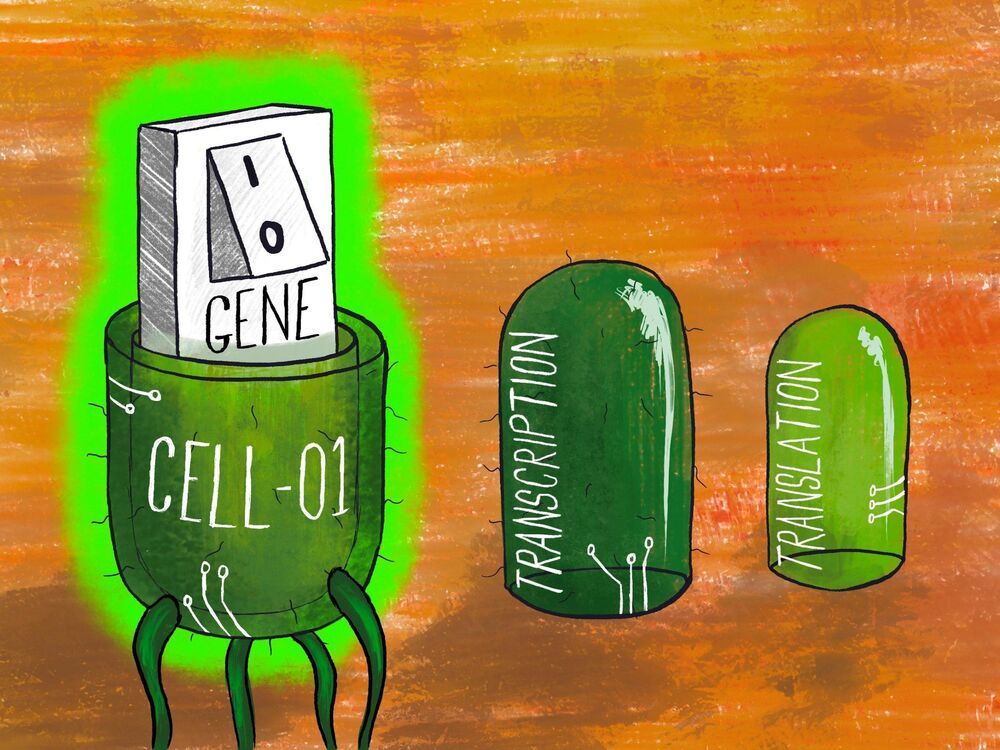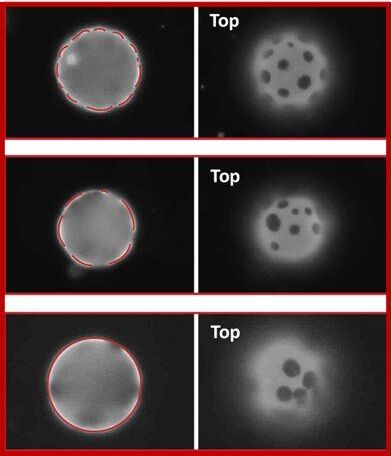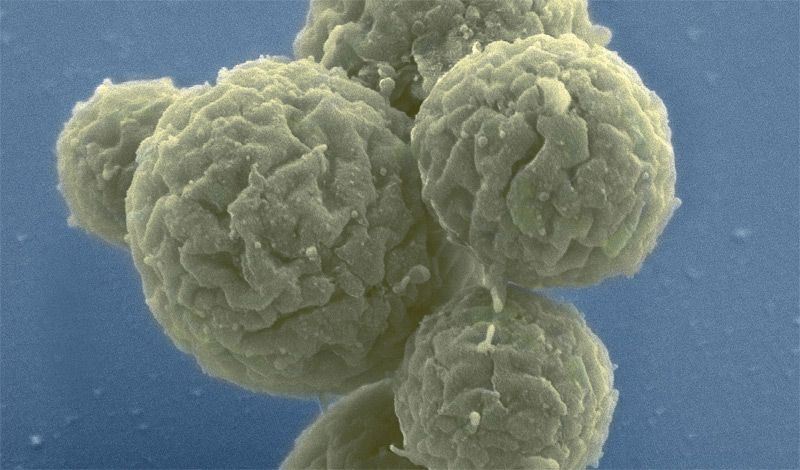New, reversible CRISPR method can control gene expression while leaving underlying DNA sequence unchanged.
Over the past decade, the CRISPR-Cas9 gene editing system has revolutionized genetic engineering, allowing scientists to make targeted changes to organisms’ DNA. While the system could potentially be useful in treating a variety of diseases, CRISPR-Cas9 editing involves cutting DNA strands, leading to permanent changes to the cell’s genetic material.
Now, in a paper published online in Cell on April 9, researchers describe a new gene editing technology called CRISPRoff that allows researchers to control gene expression with high specificity while leaving the sequence of the DNA unchanged. Designed by Whitehead Institute Member Jonathan Weissman, University of California San Francisco assistant professor Luke Gilbert, Weissman lab postdoc James Nuñez and collaborators, the method is stable enough to be inherited through hundreds of cell divisions, and is also fully reversible.







